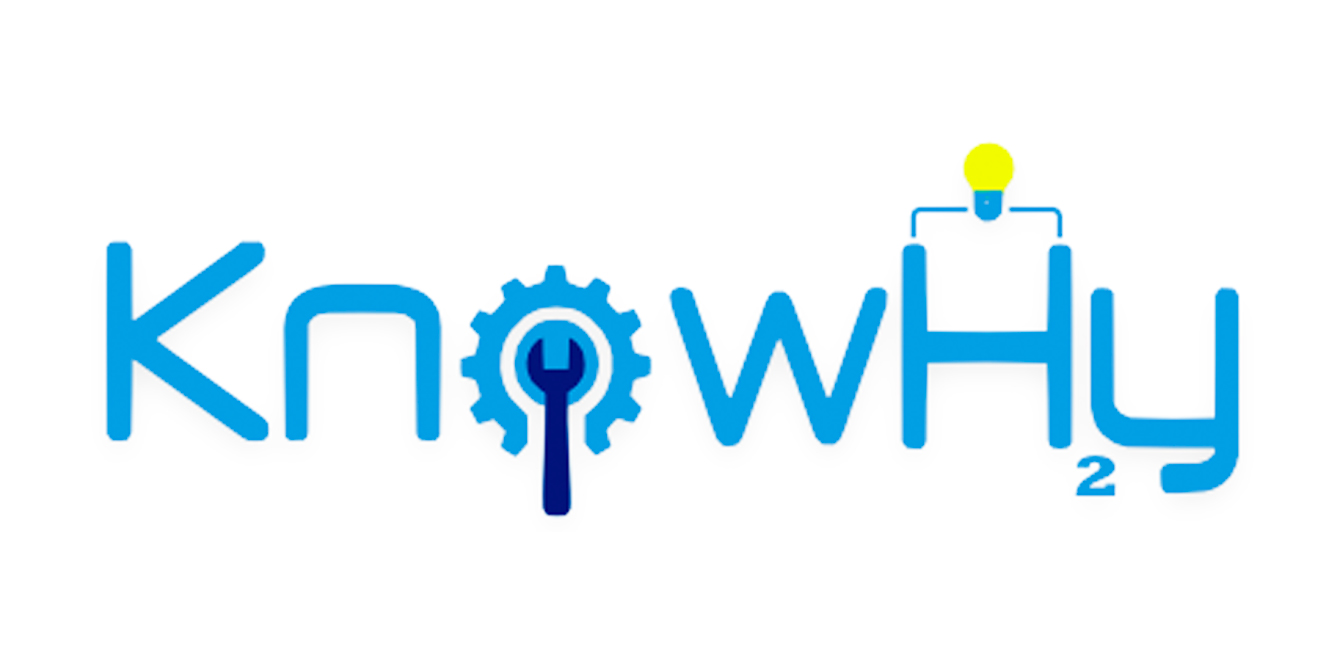KnowHy is a 3-year European FP7-project (funded by the European Commission and coordinated by the Fuel Cell and Hydrogen Joint Undertaking) that aims at providing to the widest possible audience of technicians specific training modules, practical, in an appropriate format and at affordable cost, to facilitate the deployment of the FC&H2 technologies expected to enter the market within the time frame 2014-2020. KnowHy intends to create six different courses with one common core module and five different specialisations modules:
- Automotive and Material Handling sector
- Hydrogen Production and Handing
- Micro Fuel Cells
- CHP and microCHP
- Fuel cells based Generators (APU and Backup Power)
Courses will be supported in E-learning format and will be available in multiple countries and in 7 languages (English, German, French, Italian, Spanish, Portuguese and Dutch). Partners will promote the project among professional associations in Europe with the goal of training a minimum number of 1000 technicians.
Besides Envipark, the consortium includes very experienced partners in FC&H2 technology as Delft University of Technology (coordinator organization), Instituto Superior Tecnico, FAST, Munich Technical University, Fundación para el desarollo de las nuevas tecnologias del hidrogeno en Aragon, The University of Birmingham and McPhy Energy, all of them with own premises, labs and even demonstration facilities of their own. Campus Automobile in turn covers exceptionally well the automotive sector; Kiwa Training and all partners in general show extensive experience in teaching and training activities at various levels, and especially technicians; Fundación San Valero contributes with an enormous background and capabilities in E-learning and ample experience in participating and managing EU programmes, while Vertigo Games contributes with its experience in serious games and professional simulations. PNO Consultants and all partners in general are very well connected to their respective regional and national networks, which allow interfacing to policy makers in education, regulation and certification.
